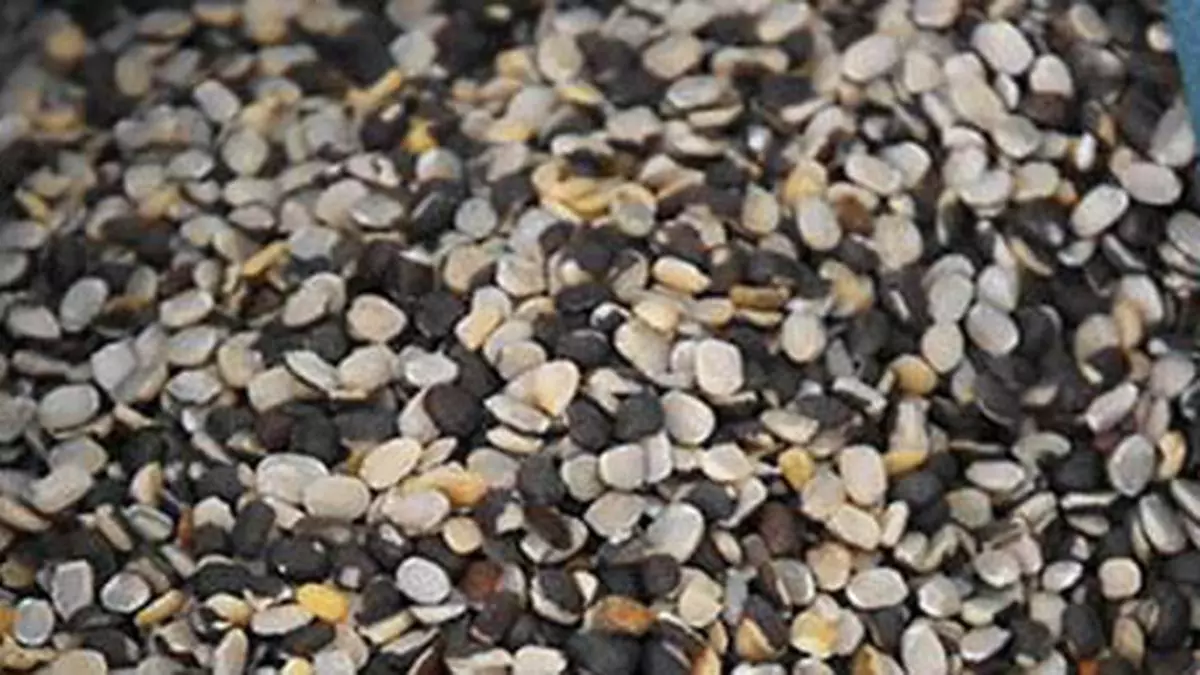Many Brazilian growers may skip sowing black matpe (urad) crop in February-March if the Indian government does not decide on extending duty-free import of the pulse crop over the next couple of weeks. However, Thailand could fill up a part of any void created as it has come up with better quality produce this year, experts said at a webinar on the crop.
“Brazil grows two crops. One is in February-March and the other is in September-November. If the Indian government does not decide within 20 days, the window (February-March) will be closed,” said Julio Mariucci of Coperaguas Cooperativa Agroindustrial, Brazil’s largest exporter of pulses.
Farmers are under pressure to grow crops such as corn (maize) as China and Mexico are looking for supplies, he said, addressing a webinar on black matpe market hosted by the Global Pulse Confederation.
Ends March 31
Brazil, whose 50,000 tonnes of black matpe supplies in 2024 helped rein in prices in India, could produce about one lakh tonnes if the Indian government decides to extend duty-free imports. But if there is no extension of the duty-free facility, then production could be only 30,000-40,000 tonnes, he said.
The Centre has permitted duty-free imports of black matpe until March 31, 2025, and the consensus among the trade is that the extension would be made. This is particularly in view of the 2024 kharif crop being 25 per cent lower at 1.2 million tonnes (mt) compared with 1.6 million tonnes in 2023.
Brazil’s black matpe export was a meagre 5,000 tonnes in 2023 and has now increased 10 times. Brazilian growers plan in advance. They sold the crop planted during September-November at $900-980 and the shipments are expected during June-July.
25% price drop
“Brazil has no black matpe market. The stock pipeline is empty. Pakistan does not import our produce. Black matpe prices have dropped over 30 per cent from the peak. Therefore, it is likely that many growers might skip the second crop,” said Mariucci.
In case farmers in Brazil shift from black matpe to other beans, Thailand could gain. Usually, Thai black matpe quality was considered ordinary but this year its quality is reported to be good, said B Krishnamurthy of Chennai-based Four-P International Pvt Ltd.
Black matpe prices have dropped to ₹77-78 a kg from ₹101 in June-July. “Prices have declined despite 25 per cent lower kharif crop because of supplies from Myanmar and Brazil,” he said.
He also blamed huge imports of yellow peas, chickpeas and pigeon peas for the crash in prices of black matpe, in particular, and pulses in general.
Safe bet
In 2024, Myanmar’s exports of black matpe increased to 67,000 tonnes per month against the usual 45,000 tonnes. “At least 90 per cent of Myanmar’s production came to India and it rescued the country. The reason for such a fall in prices is that people did not expect such a supply,” he said.
Myanmar is now expected to harvest a huge crop of 1-1.2 mt from this month. However, stocks in the neighbouring country is less and its December crop was affected in terms of yield and quality as rains damaged the crop. “On the other hand, India’s black matpe consumption seems to have stagnated. My observation is that demand for dals (pulses) is not increasing as it should. The monthly consumption of black matpe has been unchanged at 2.2-2.3 lakh tonnes for quite some years,” said Krishnamurthy.
Stating that the 2013 panic situation when black matpe prices crashed to $450 a tonne will not repeat, he said $675-700 a tonne free-on-board will be a safe bet for traders, particularly for the Myanmar crop.
Growers’ shift
Rahul Chauhan of IGrain said Myanmar’s current crop production be be 1.05 mt, while 2024-25 production in India will likely be 2 mt against the availability of 3.1 mt, leaving a carryover stock of 4,00,000 tonnes.
In 2024-25, black matpe production in India is estimated lower as growers shifted to other crops as prices of maize and wheat were attractive, he said.
Shyam Narsaria, Arvee International, Myanmar, said farmers in his country cultivated black matpe for the export market and they could shift to other pulses if they don’t get good returns. Prices of black matpe will be stable or a little under pressure until the next kharif crop, he said.
